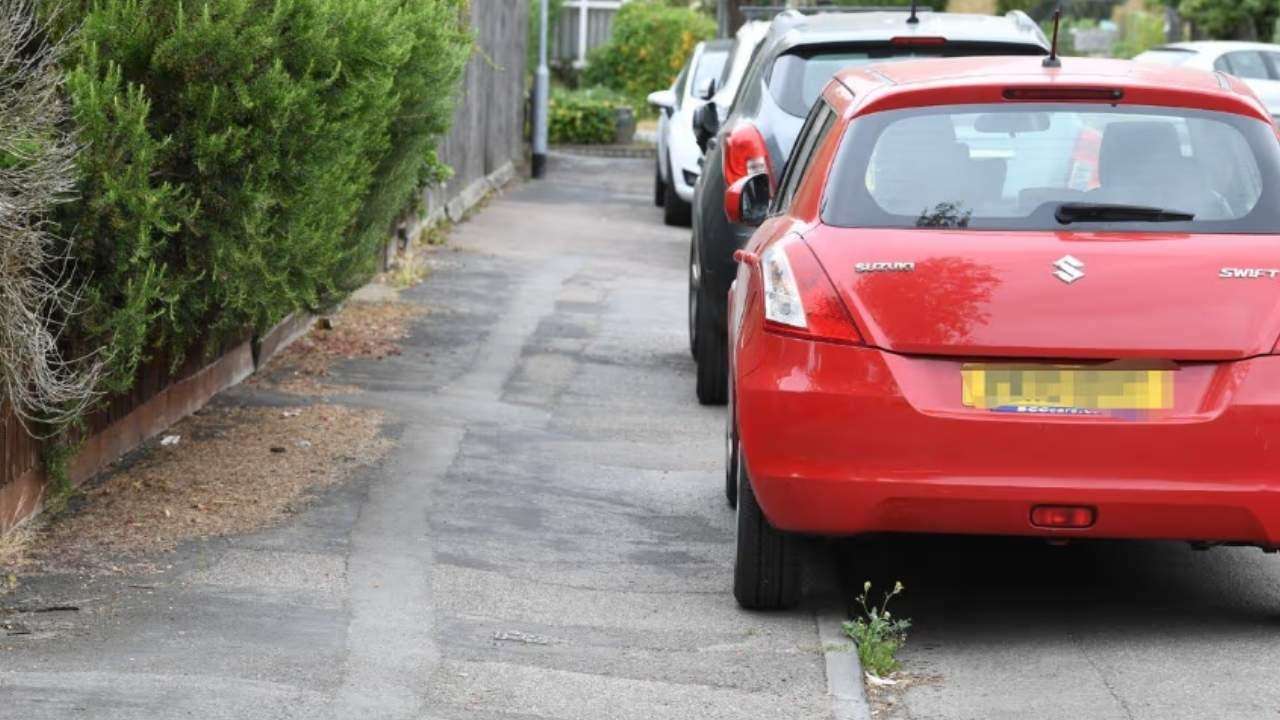A growing number of newly arrived Bangladeshi immigrants in the UK are turning to domestic service—working as housekeepers or "kajer bua"—to cope with severe economic pressure and a crippling shortage of formal employment. This trend is escalating rapidly in major Bangladeshi-populated areas, including London, Birmingham, Manchester, and Luton, with the majority of this work taking place within the British-Bangladeshi community itself.
An investigation by Dazzling Dawn newspaper revealed this alarming situation. The influx, largely consisting of individuals who arrived on Student, Work Permit, and Care Visas in recent years, is struggling against mounting living costs and the lack of permanent jobs, forcing many into part-time or full-time domestic roles. These roles range from cleaning and cooking to childcare, elder care, laundry, and even pet minding.
The newspaper’s inquiry was sparked by a social media post from a British-Bangladeshi woman seeking a housekeeper for her daughter’s wedding. A source who requested anonymity recounted the overwhelming response: “I posted on Facebook that I needed a housekeeper for my daughter’s wedding. Astonishingly, within ten minutes, at least 12 women messaged me, eagerly requesting the work and stating they were ready to take on any task.”
Further investigation traced the posts to reveal the desperation behind the trend. One woman, who arrived in the UK two years ago to pursue an MPH course and is a qualified doctor in Bangladesh, admitted to struggling to afford rent and daily expenses without being able to transfer funds from home. She felt compelled to express interest in housekeeping work. Many are taking on babysitting or caregiving roles purely to secure free board and lodging.
The plight of these immigrants is often exacerbated by predatory recruitment agents and visa complexities. Many arrive only to find themselves "at sea" due to job scarcity and bureaucratic hurdles. Sadiya Islam, a resident of Birmingham, voiced the common frustration: "The pay is low, but the job crisis in this country is severe. It’s hard enough to meet basic costs, so I am forced to show interest in any work offer that comes my way."
While local community organizations report that Bangladeshi women are often choosing this work for financial independence and to support family expenses, a significant concern is that many are operating without formal contracts due to language barriers and legal complexities. This leaves workers vulnerable to exploitation.
Immigration and labour rights experts stress that domestic workers in the UK are fully covered by labour laws, mandating minimum wage, working hour limits, and rest periods. Lack of awareness about these protections significantly increases the risk of worker abuse.
Saidul Islam, the London Correspondent for Prothom Alo, commented on the broader implications: "Many of those posting or responding to house cleaning job requests on Facebook are desperate individuals who fell into the trap of middlemen. The problem is that this work lacks institutional recognition, official contracts, security, or adequate pay. Five years ago, the thought of people being readily available for domestic work in the UK was unimaginable. Now, it is a reality."








.svg)

